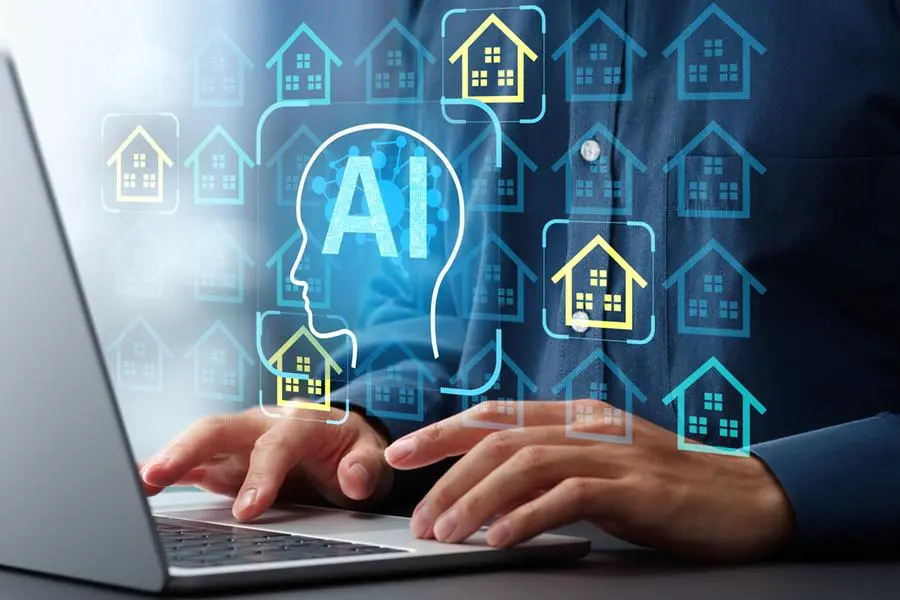PHOTO
Thousands of Africans are among tech workers who have lost their jobs this year, as hundreds of companies move to trim their workforce — an upheaval many have blamed on the rapid rise of artificial intelligence (AI).
Last week, global software giant Microsoft announced retrenchment of three percent of its workforce – about 6,000 employees – across the globe, describing it as a move to optimise resources.
But Microsoft is not alone. So far in 2025, at least 75,463 tech workers have been laid off globally, as 317 companies announce redundancies, according to tech talent consultancy and tracker TrueUp.
Other major firms that have let go of staff this year include Google, TikTok, Amazon, Chegg, Electronic Arts, Meta, Intel, Canva, Hewlett-Packard (HP), AutoDesk and eBay, among others.
While none of these companies has explicitly cited AI automation as the cause of their layoffs, many observers have pointed to the technology’s rapid proliferation as the underlying threat – one that could jeopardise millions of jobs across the world.
Yet experts in the industry view the concern differently, dismissing it as an overreaction to a shifting digital landscape.“AI cannot replace a developer. But an AI-proficient developer can replace another developer who has refused to embrace AI,” said Caleb Nyoiro, director of Zone 01 Kisumu, a training centre for tech workers.“I think it is now cliché to say that AI is replacing developers. Developers with AI proficiency will get more jobs and more money. That is the reality. It is only those who have shown no interest in learning AI that will lose their jobs.”Indeed, several studies suggest that AI is ultimately poised to create more jobs than it will eliminate – particularly in fields that demand higher-order thinking and innovation.
A 2023 report by the World Economic Forum, for instance, projected that jobs requiring critical thinking, complex problem-solving and creativity are more likely to be enhanced than replaced by AI.
Read: AI may not take your job anytime soon, says MITThese include roles such as software developers, engineers, and mathematicians, where AI is expected to augment about 80 percent of tasks, without fully taking over.
Still, the impact will not be entirely painless. Data firm Statista estimated that 83 million jobs could be lost to AI between 2023 and 2027, while the technology is expected to create only 69 million new ones during the same period.
Yet surprisingly, most professionals are not alarmed. A study published last month by the Pew Research Centre found that while 56 percent of Americans are “extremely or very concerned” about AI-related job losses, only 25 percent of AI experts share that concern.
The same study revealed that experts are far more optimistic than the public about the opportunities presented by AI. While they do worry about issues such as misinformation and digital impersonation, they express far less anxiety about AI-triggered job displacement.
Even global financial institutions have dismissed blanket job displacements by AI.
A January 2024 discussion paper by the International Monetary Fund (IMF) suggested that AI would widen income inequality – not because of massive job losses, but due to growing income gaps between workers who can adopt and use AI and those who can’t.
© Copyright 2022 Nation Media Group. All Rights Reserved. Provided by SyndiGate Media Inc. (Syndigate.info).




















